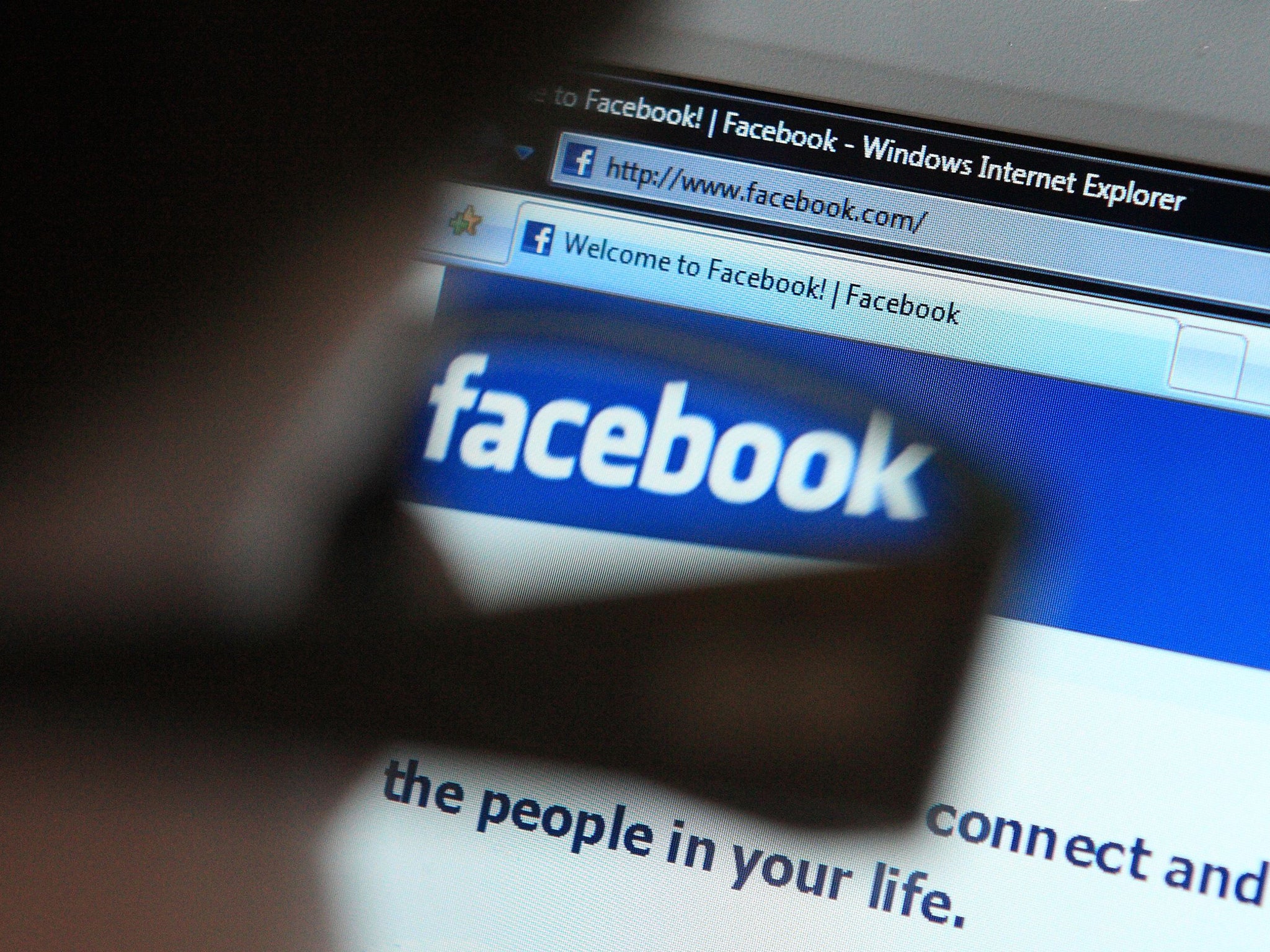Facebook can lead to unhappiness, according to new study
University of Michigan researchers find a correlation between using the social network and a decline in user-well being

Your support helps us to tell the story
From reproductive rights to climate change to Big Tech, The Independent is on the ground when the story is developing. Whether it's investigating the financials of Elon Musk's pro-Trump PAC or producing our latest documentary, 'The A Word', which shines a light on the American women fighting for reproductive rights, we know how important it is to parse out the facts from the messaging.
At such a critical moment in US history, we need reporters on the ground. Your donation allows us to keep sending journalists to speak to both sides of the story.
The Independent is trusted by Americans across the entire political spectrum. And unlike many other quality news outlets, we choose not to lock Americans out of our reporting and analysis with paywalls. We believe quality journalism should be available to everyone, paid for by those who can afford it.
Your support makes all the difference.Using Facebook may makes us feel more connected, but it does not necessarily make us happy, according to the findings of a new study.
Research comparing how 82 young adults felt at different times of the day with their Facebook use found that regular use of the social network predicted a decline in user well-being.
Researchers based at the University of Michigan sent text messages to each participant five times a day to examine how they were feeling emotionally from “moment-to-moment” and how "satisfied" they were with their lives.
Questions the participants were asked to answer included: "How do you feel right now? How worried are you right now? How lonely do you feel right now? How much have you used Facebook since the last time we asked? How much have you interacted with other people "directly" since the last time we asked?"
Results showed that the more the participants were active on the social networking site during one period, the worse they subsequently felt.
But the more face-to-face contact participants had with other people, the happier they gradually became.
They also found no evidence for two alternative possible explanations for the finding that Facebook undermines happiness - people were not more likely to use Facebook when they felt bad.
In addition, although participants were more likely to use Facebook when they were lonely, loneliness and Facebook use both independently predicted how happy participants felt afterwards.
Ethan Kross, lead author on the study said: "On the surface, Facebook provides an invaluable resource for fulfilling the basic human need for social connection.
"But rather than enhance well-being, we found that Facebook use predicts the opposite result - it undermines it."
"This is a result of critical importance because it goes to the very heart of the influence that social networks may have on people's lives," added John Jonides, co-author of the study.
Their results were published in the PLOS ONE journal.
The research concluded that whilst Facebook “provides an invaluable resource for fulfilling the basic human need for social connection”, rather than improving well-being “these findings suggest that Facebook may undermine it.”
Join our commenting forum
Join thought-provoking conversations, follow other Independent readers and see their replies
Comments